Nexgenomics

The NexGenomics Staff
Jasmine Xia Li, PhD, MPH, MB(ASCP)
NexGenomics | Laboratory Director
NexGenomics is a CAP-accredited clinical laboratory specializing in preimplantation genetic testing (PGT). NexGenomics uses Next Generation Sequencing (NGS) technology by Illumina, currently the most advanced platform for PGT. NexGenomics has over 7 years of clinical experience in PGT and have conducted testing for over 14,000 IVF cycles.
There is a total of 46 chromosomes (23 pairs) in a human cell, with half inherited from the egg and the other half from the sperm. For normal development, a person must have the correct number of chromosomes, or “euploid”. An abnormal number of chromosomes (aneuploid) can result spontaneously from maturation of an egg and/or sperm, fertilization or during embryo development. Aneuploidy is responsible for more than half of spontaneous miscarriages, and a leading cause of live birth with defects. For example, Down Syndromes is caused by an extra copy of chromosome 21, or Trisomy 21. The percentage of aneuploidy in embryos increases significantly as women age.
NexGenomics offers two types of PGT:
PGT for chromosomal aneuploidy (PGT-A, formerly known as PGS)
PGT-A identifies if the embryos have the correct number of chromosomes, to improve the chance of implantation and a successful pregnancy.
Who is PGT-A for?
All women are at risk of producing aneuploid embryos. The percentage of aneuploidy increases with maternal age. Although PGT-A is mostly recommended for women with advanced maternal age (>35), all women may benefit from PGT-A by increasing implantation rate and reducing risk for unfavorable pregnancy outcome.
Benefits of PGT-A
- Improving implantation rate
- Reducing risk of miscarriage and biochemical pregnancy
- Reducing number of embryo transfer needed to achieve successful pregnancy
PGT for structural chromosome rearrangements/translocation (PGT-SR)
PGT-SR is recommended for carriers of balanced chromosomal rearrangements, such as reciprocal translocation, Robertsonian translocation, inversions, and other complex rearrangements. Most of the carriers of balanced chromosomal rearrangements are typically healthy and unaware of their carrier status until when they try to conceive. Such individuals are at increased risk of producing embryos with unbalanced chromosomal materials, which may lead to recurrent pregnancy loss or the birth of a child with chromosomal disorder. PGT-SR can select the embryos with the correct amount of chromosomal materials, which are more likely to generate a healthy live birth. PGT-SR report also include PGT-A results for all chromosomes.
How to order PGT through NexGenomics
- Request a biopsy kit by emailing NexGenomics@havingbabies.com
- Ship frozen trophectoderm/blastocyst biopsy samples via courier of your choice. The following paperwork is required for testing:
- Test requisition form
- Biopsy worksheet
- Receive results in about one week of sample receipt. For rush cases, result can be released within 2 business days.

